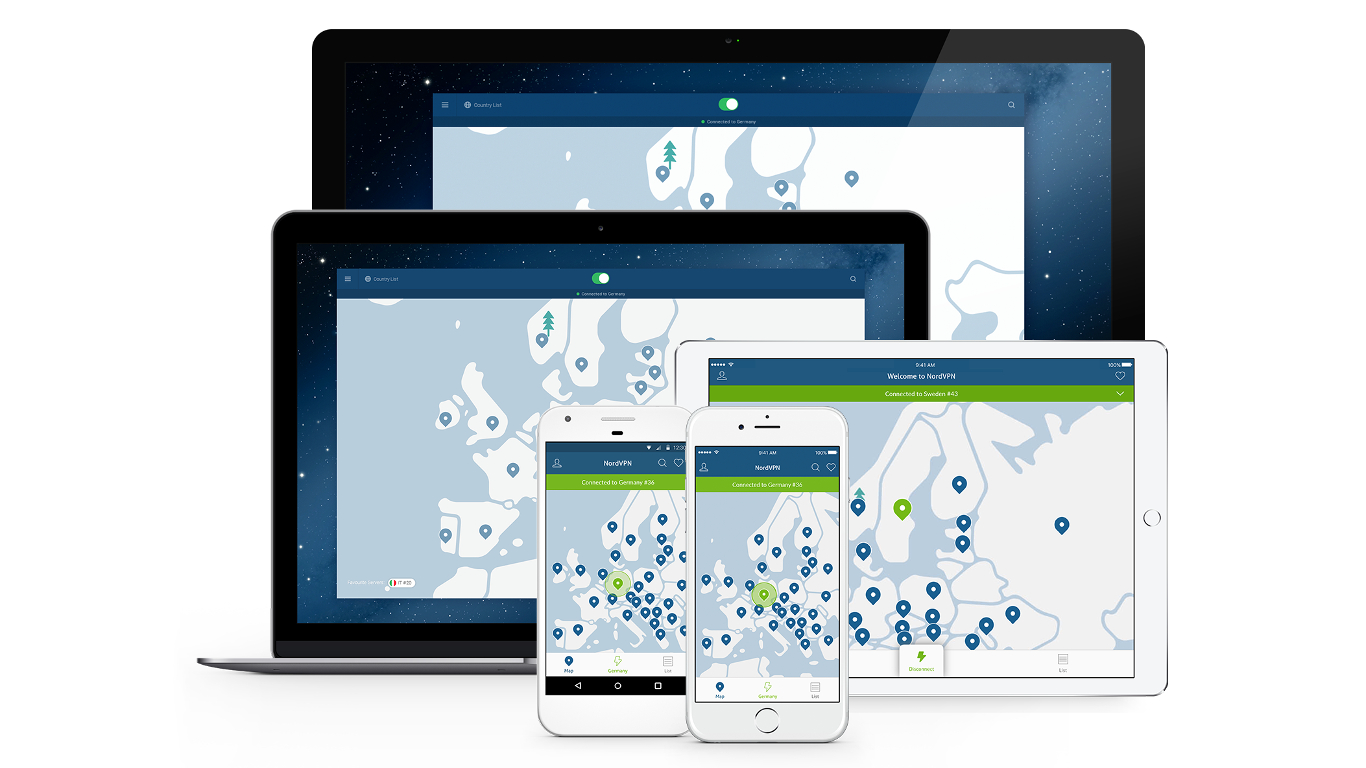VPN usage won't be banned under Malaysia's new DNS filtering plan
The DNS filtering order has now been halted amid backlash, but it's still on the table

Whether you live in or plan to visit Malaysia anytime soon, you may soon access a very different internet from the rest of the world unless you're using one of the best VPN apps.
As part of an effort to enhance digital security, the government revealed, at the end of July, plans to build an internet kill switch to block harmful online content such as gambling, pornography, copyright infringements, and other illegal activities. Circumvention tools, however, can still be used to bypass potential blocks as Malaysia's telecom regulator made it clear it has no intentions of blocking VPNs.
Last week, September 7, local internet service providers (ISP) got the order to redirect all DNS queries sent to alternative DNS providers back to their own servers starting from September 30. The move attracted harsh criticism, with commentators warning against government-imposed censorship.
The backlash was so strong that, only a day after the announcement, Malaysia's Minister of Communications Fahmi Fadzil tweeted about the decision to suspend the plan – for now.
The VPN loophole
"The Malaysian authorities might have sent the decision for review, but they are not back to the drawing board. The idea is still very much on the table, and there is a good chance that it will be implemented. If not next week, then sometime this year," said Andrey Meshkov, CTO at AdGuard.
What Malaysia's government seeks to change is how ISPs manage DNS queries and servers – de facto granting them more power to control the processes. As the MCMC explained in its FAQ: "DNS redirection is the process of redirecting users' internet request to specific DNS servers, in this case, the ISP's local DNS."
While you can think of an IP address as your device's home address, the Domain Name System (DNS) acts as the internet's virtual telephone book. Every time you initiate a web query, it's the DNS that translates domain names into IP addresses so that your web browser can access websites and other internet resources.

NordVPN is TechRadar's favorite VPN service right now and offers easy-to-use apps, bulletproof security, loads of advanced features, and some of the fastest connection speeds we've ever recorded. It can be yours starting from as little as $3.09 per month. Check out our full review and try it out risk-free with a 30-day money-back guarantee.
As we mentioned earlier, even if the order is enforced, you will still be able to use a reliable VPN service to keep accessing the uncensored web.
This is because a VPN (virtual private network) is security software that encrypts your internet connections to make sure snoopers cannot access your data in transit. At the same time, it also spoofs your IP address to trick your ISP into thinking you're browsing from a completely different country.
The VPN encryption ensures that your ISP cannot see any of your data – DNS queries included. The only thing the ISP can see is that you're using a VPN and the servers you're connected to. The VPN's own DNS server will handle your DNS queries directly, too. Put simply, using a VPN would undermine the effectiveness of the DNS redirection order.
"By not targeting VPNs, the Malaysian government will be creating a loophole for accessing blocked content," said Meshkov, while adding that the order is still concerning for user privacy and security. "It could give ISPs and the government unfettered access to the list of domain names (like google.com or dailymail.com or pornhub.com) that the user has visited," he added.
Asked about the prospect of Malaysia eventually issuing a ban against VPNs, Meshkov believes it's unlikely to happen considering the country ranks high in terms of democratic freedoms.
"That said, we don't completely rule out the possibility. But even in that case, as the examples of Iran, China, and Russia have shown, VPN providers have found ways to continue operating in those countries," he told me.
Why is Malaysia's DNS policy controversial?
While the MCMC ensures that only access to illegal or harmful websites will be blocked, it's not difficult to envisage how the provision could be abused and misused over time.
For Andrey Meshkov, CTO at AdGuard, such an order is not compatible with the idea of a free web nor people's right to freely choose the service they want to use.
"It's our firm belief that it’s up to the individual user to decide which content they want to consume and which content they want to block," he said. "For instance, free public DNS services like AdGuard DNS offer non-filtering, ad-blocking, and family protection modes to help users manage their online experience. The user should have the agency, and not the service provider."
This policy is ill-advised and should be rolled back. 1. It IS censorship.2. It is inefficient and opens up further cybersecurity risks (e.g. DNS poisoning)3. It's counterproductive towards the govt push for tech startups, innovation and data centres. https://t.co/FFmW9J1oVYSeptember 7, 2024
As The Register reported, other commentators were especially critical of censorship grounds and government overreach. Musician turned state legislator Syed Ahmad Syed Abdul Rahman Alhadad, for example, deemed the decision "draconian" and warned against potential negative effects on the country's digital economy.
Similarly, Malaysian politician Lim Yi Wei defined (see tweet above) the "ill-advised" policy as censorship that could open up cybersecurity risks.
However, Meshkov from AdGuard believes the internet freedoms of Malaysian citizens and visitors aren't the only ones on the line here. Other countries could follow suit Malaysia's example and implement a similar filtering system.
He said: "Such policies could give pointers to other countries, especially those with little regard for democratic freedoms, setting a potentially dangerous precedent. The community must unite against these threats to the free web and make its disapproval clear. It might be Malaysia now, but your country could be next."

Chiara is a multimedia journalist committed to covering stories to help promote the rights and denounce the abuses of the digital side of life – wherever cybersecurity, markets, and politics tangle up. She believes an open, uncensored, and private internet is a basic human need and wants to use her knowledge of VPNs to help readers take back control. She writes news, interviews, and analysis on data privacy, online censorship, digital rights, tech policies, and security software, with a special focus on VPNs, for TechRadar and TechRadar Pro. Got a story, tip-off, or something tech-interesting to say? Reach out to chiara.castro@futurenet.com